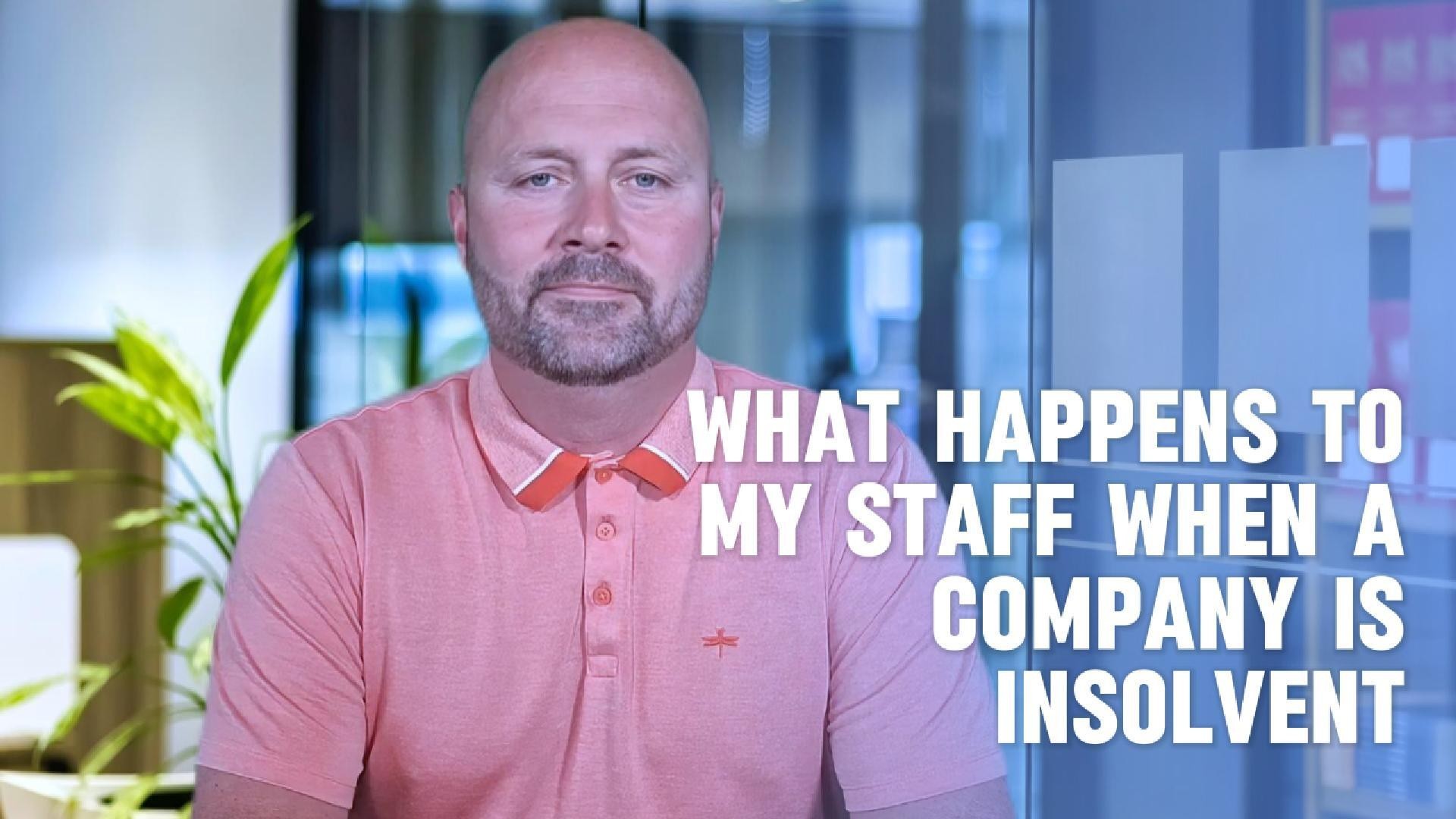
Understand your company's position and learn more about the options available
Require Immediate Support? Free Director Helpline: 0800 644 6080
Free Director Helpline: 0800 644 6080
Updated:
When a company becomes insolvent, one of the major concerns for directors is what happens to their employees.
Even when a company is technically insolvent, it’s not a foregone conclusion that the business will close down. When a business is viable, yet is struggling with financial and/or operational challenges, plans may be put in place to steady the company and allow for trade to continue.
This can be done by way of company administration, and may ultimately involve a sale of the business and its assets to another company. If the business is sold on as a going concern, employment contract terms and conditions are safeguarded under a piece of legislation known as TUPE - Transfer of Undertakings (Protection of Employment) Regulations, 2006.
Free 60 Second Test
For Ltd Company Directors
What are you looking to do?
Choose below:
Unfortunately, not all rescue attempts are successful, and should the business be unable to be saved and is liquidated, the company will close down and all jobs will be lost. In this instance, employees are able to claim statutory payments such as arrears of wages and outstanding holiday pay. Some members of staff may also be eligible for redundancy pay if they have worked for the company for at least two years.
If the company has enough money, then all redundancy claims will be met from the sale of company assets. Under these circumstances employees are regarded as ‘preferential’ creditors, which means they rank higher than most other parties who are owed money by the company.
There are limits to the amounts that can be claimed as a preferential creditor, however, which are:
Any shortfall in these payments can be claimed from the National Insurance Fund (NIF).

Get a Quote Find Your Nearest Office
The National Insurance Fund is made up from employer, employee and self-employed NI contributions. If there aren’t enough funds for the liquidator to pay claims, employees can use form RP1 to make a claim from the NIF for:
“Spoke with Chris who put me at ease straight away. He was very knowledgeable and listened intently to all my worries and concerns. Will definitely be using Real Business Rescue and advise anyone with business issues to give them a call.”
Diana
If your employees have worked under a contract of employment for a continuous period of two years or more, they may be eligible to claim redundancy pay. The same applies to yourself as a director if you can also prove your status as an employee.
Redundancy payments are calculated according to age, length of service (capped at 20 years), and weekly wage. Your employees must make a claim from the company within six months of losing their job, and if the company cannot pay, redundancy pay can be claimed from the National Insurance Fund using form RP1.
Is your company insolvent?
If your company is insolvent you have a number of legal responsibilities that you must adhere to. Taking steps to protect creditors from further losses by contacting a licensed insolvency practitioner can help ensure you adhere to these duties.
The team are available now - 0800 644 6080
Get a Quote Find Your Nearest Office
If the company is deemed viable for the long-term, even though it’s currently insolvent, it’s possible that your employees could retain their jobs. Should a Company Voluntary Arrangement (CVA) be appropriate, for example, the company may be streamlined in such a way that avoids job losses.
Company administration is another formal insolvency procedure whereby jobs may be saved, but this depends on the circumstances of each case. Any employees who aren’t made redundant during the initial 14 days of administration become ‘preferential’ creditors if they’re made redundant at a later date by the administrator.
Real Business Rescue can provide further guidance on what may happen to your staff if your company is insolvent. We operate from over 100 offices around the country, and are able to offer free same-day consultations to quickly identify your requirements.
Still unsure whether liquidation is right for your company? Don't worry, the experts at Real Business Rescue are here to help. Our licensed insolvency practitioners will take the time to understand the problems your company is facing before recommending the best course of action going forward based on your own unique circumstances.

Complete the below to get in touch
For Ltd Company Directors
What are you looking to do?
Choose below:
We provide free confidential advice with absolutely no obligation.
Our expert and non-judgemental team are ready to assist directors and stakeholders today.

Understand your company's position and learn more about the options available

Find your nearest office - we have more than 100 across the UK. Remote Video Meetings are also available.

Free, confidential, and trusted advice for company directors across the UK.